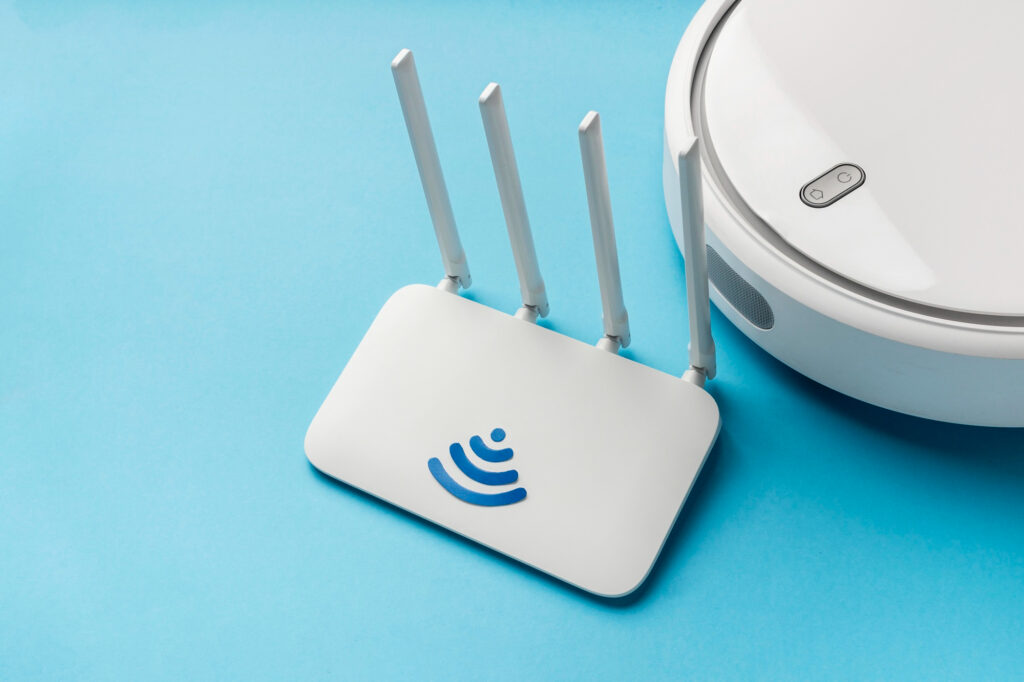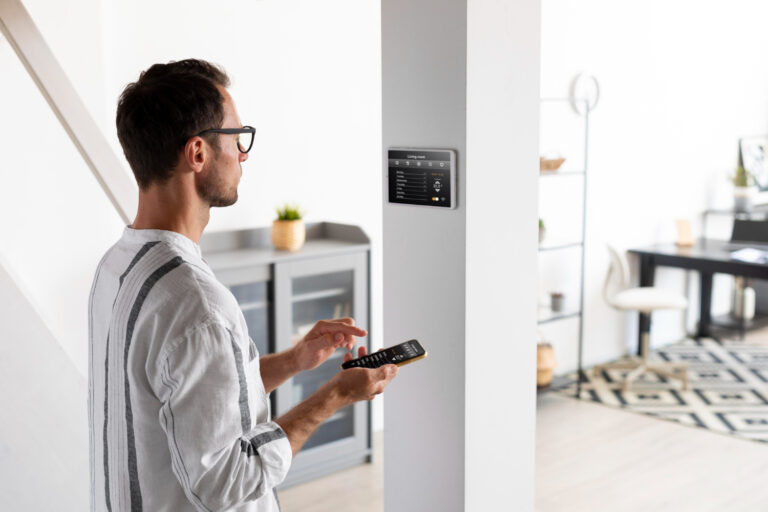
As digital transformation sweeps across the globe, internet infrastructure has become more than a utility—it’s the backbone of modern economies and everyday living. Malaysia is rising to this challenge with rapid nationwide deployment of ultra-fast fiber broadband, offering speeds of up to 1Gbps. Major telcos such as Telekom Malaysia (TM), TIME dotCom, Maxis, and CelcomDigi are driving this transformation, marking the dawn of a new digital era for the country.
Not Just Speed—Whole New Lifestyle
In the past, many households were held back by sluggish, unstable internet or unaffordable broadband packages. But today, with improved technology and growing competition, fiber internet has become more accessible and affordable. It supports multiple devices, powers video conferences, 4K streaming, online learning, and gaming—all at once, without buffering or dropouts.
“This is no longer just about faster internet—it’s about empowering lives,” said a spokesperson from TM. “Whether you’re a student, a stay-at-home parent, a remote worker, or a digital creator, high-speed internet brings efficiency and convenience to every aspect of life.”
In suburban Selangor, for instance, a homemaker shared how she learned baking through online classes and now runs a successful home-based pastry business. Meanwhile, her children attend online classes without interruption. A freelance designer noted how upgrading to 1Gbps internet enabled smoother video calls with overseas clients, significantly improving communication and professionalism.
A Digital Nation Needs Digital Infrastructure
Malaysia’s government has been actively pushing its MyDIGITAL initiative—a blueprint to turn the country into a regional digital economy leader. At the heart of this vision is the expansion of robust, nationwide internet infrastructure.
As of the end of 2024, over 70% of residential areas across Malaysia have access to fiber broadband, with near-total coverage in urban centers. By 2025, the government expects that 90% of Malaysian households—including those in semi-rural areas—will have access to high-speed internet.
An engineer from TIME dotCom shared: “Within the next five years, all new residential projects will be Fiber Ready. It’s a win-win—easier access for homeowners and cost savings for developers. We’re working closely with the government to extend fiber networks even into remote kampungs.”
Telcos Roll Out Competitive Plans for Every Need
To win over customers, telcos are offering a range of flexible broadband packages designed to suit various needs and budgets. Here are some of the most attractive current plans:
- TM Unifi Ultra Plan (from RM149/month): Offers up to 1Gbps speeds and includes a mesh WiFi system—ideal for larger homes or families.
- TIME Fibre Home 500Mbps (from RM99/month): Great value for small households, students, or remote workers.
- Maxis Home Fibre + Mobile Bundle (from RM130/month): Combines broadband and mobile data—perfect for professionals on the go.
- CelcomDigi Fiber Family Plan: Designed for family use with multiple devices and includes free routers, parental controls, and flexible upgrades.
Some packages also include student discounts, zero installation fees, and bundled deals with smart devices—making high-speed internet more affordable than ever.

Small Businesses and Freelancers Get a Boost
It’s not just homes that are benefitting—Malaysia’s growing community of SMEs and freelancers are also reaping the rewards of improved internet connectivity. According to SME Corp, one of the biggest hurdles faced by small businesses in going digital is poor internet access.
Now, with faster and more stable connections, businesses can leverage tools like cloud storage, CRM systems, video conferencing, and e-commerce platforms with ease.
A freelance art teacher in Petaling Jaya said: “I used to struggle with laggy video when teaching art online. Now with fiber internet, I can stream live, share high-res files, and run interactive Zoom classes without stress. My students are happier, and my business has grown.”
Closing the Urban-Rural Digital Divide
Despite these improvements, the digital divide still exists—especially in parts of East Malaysia and remote regions in Peninsular Malaysia. This remains a key focus for the government and telco operators alike.
The JENDELA initiative (National Digital Network Plan) is investing billions of ringgit to improve digital infrastructure across the country. The goal? To raise the national average fixed broadband speed to at least 100Mbps by 2025 and ensure no community is left behind.
“The digital economy will only be successful if everyone has a seat at the table,” said a representative from MCMC. “That means building towers in rural areas, offering subsidized packages, and ensuring affordability.”
The Future Is Fiber—And It Starts Now
In the end, fiber broadband is more than just a technological upgrade—it’s a societal one. As Malaysia marches toward a digital future, ultra-fast internet is the key that unlocks it all. From enhancing family life and education to boosting entrepreneurship and innovation, fiber connectivity lays the foundation for progress.
The best part? It’s already here, and it’s more accessible than ever.
So whether you’re building a smart home, launching a side hustle, or streaming your favorite shows, know that Malaysia’s fiber network has your back. This is just the beginning of a more connected, more empowered Malaysia.


